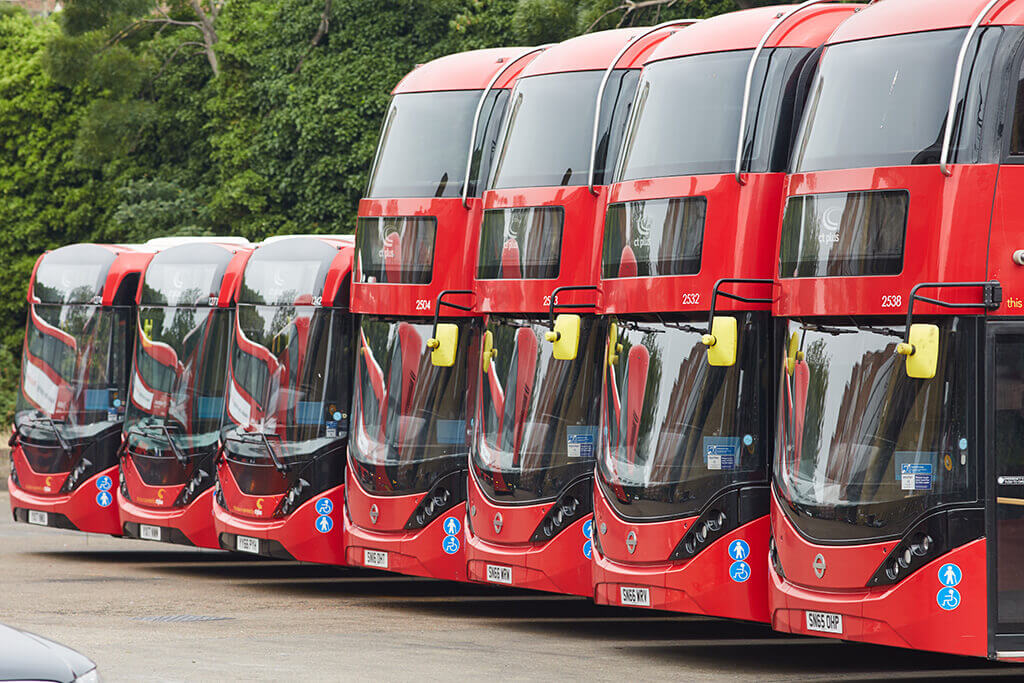After winning Gold in the UK Bus Awards’ coveted ‘Bus in the Community’ category for their Drive On scheme, HCT’s Dai Powell talks to Madaline Dunn about the social enterprise and its award-winning initiative
Founded in 1982, Hackney Community Transport (HCT) began as a voluntary sector organisation providing transportation for elderly and disabled people. A total of 30 local community groups in the area gathered their vehicle resources to contribute to the cause. After receiving a grant from the London Borough of Hackney, HCT expanded its efforts with the introduction of car and group transport schemes, helping those who couldn’t use mainstream transport stay mobile.

By subscribing you will benefit from:
- Operator & Supplier Profiles
- Face-to-Face Interviews
- Lastest News
- Test Drives and Reviews
- Legal Updates
- Route Focus
- Industry Insider Opinions
- Passenger Perspective
- Vehicle Launches
- and much more!


